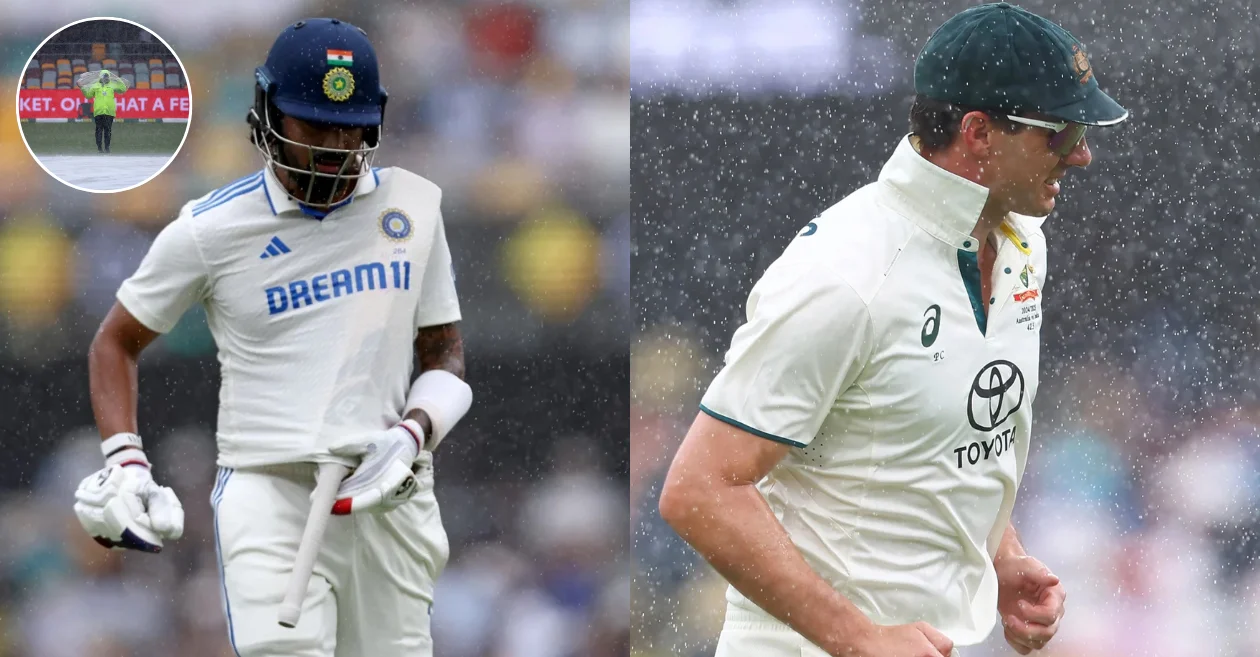
The third Check match between Australia and India on the Gabba, Brisbane has been repeatedly interrupted by relentless rain, affecting all 4 days of play to this point. With climate experiences predicting additional showers on Day 5, a lot to the frustration of gamers, commentators, and followers alike. The delays within the sport brought on by the climate have sparked sharp criticism from former cricketers, notably relating to the umpires’ strategy to dealing with interruptions in the course of the rain.
Criticism mounts over umpiring choices
Kerry O’Keeffe criticized the sluggish tempo of play, emphasizing the necessity for umpires to be extra proactive. He expressed frustration, stating that gamers ought to be prepared and warming as much as keep away from delays.
“We’ve preached pro-activity with umpires for years ‘snail tempo’, Gamers ought to be on the market warming up, they need to be able to go. It’s irritating for everybody,” former cricketer turned commentator added.
Additionally WATCH: Pat Cummins smiles in disbelief as Jasprit Bumrah hooks him for a large six within the AUS vs IND third Check
Isa Guha joins the refrain of criticism
Supporting O’Keeffe’s stance, former England cricketer Isa Guha additionally expressed disappointment with the umpires’ dealing with of the state of affairs, Guha emphasised that the rain stopped about 10 minutes in the past and famous that it was brought on by a single cloud, which cleared up shortly.
“The rain stopped about 10 minutes in the past, and you might see when it began, it will clear up shortly, it was only one cloud,” Guha stated whereas commentating on Fox Cricket.
The suitable arm medium quick bowler additionally urged that umpires may ask gamers to “dangle round” throughout transient interruptions, as play may resume shortly, “I simply marvel if the umpires in that state of affairs may say to the gamers, ‘simply dangle round’ as a result of we are able to most likely get again going right away,” she added.
Requires proactive motion amid rain delays
The frustration expressed by former cricketers highlights an ongoing challenge in cricket relating to the timeliness of choices made throughout climate interruptions. Each O’Keeffe and Guha’s feedback emphasize the necessity for a extra proactive and environment friendly strategy from umpires, notably throughout rain-affected matches. As the ultimate day looms with additional rain predicted, questions stay about whether or not the umpires can take faster measures to mitigate delays and provides followers and gamers an opportunity to get pleasure from uninterrupted cricket.














